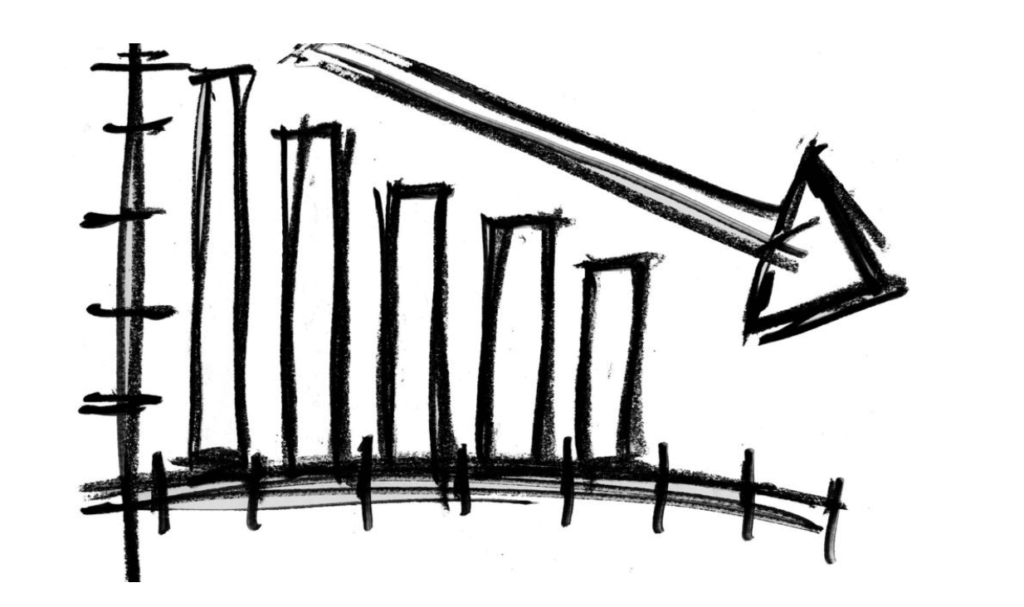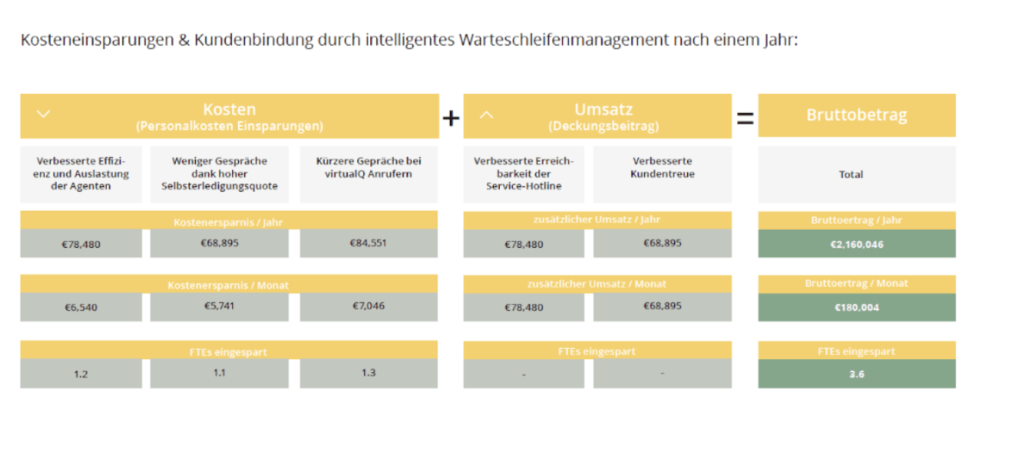
The global economy is facing an exciting, albeit challenging, phase. New geopolitical tensions, higher energy prices, increased tariffs and supply chain problems are affecting companies worldwide. At the same time, the first sharp swings on the stock markets show that uncertainty has also reached the financial centers. The recession has arrived in many markets – and with it, the challenges for companies to act efficiently and in a customer-oriented manner are growing. In this situation of permanent stress, investments are being closely scrutinized – but it is precisely now that customer service should not be neglected.
Strengthening customer loyalty becomes a top priority
An economic downturn may seem threatening. The good news is that satisfied customers are unlikely to switch, even if the competition offers attractive deals. However, if customer satisfaction cannot be ensured, there is hardly anything to prevent a change of provider. For this reason, customer service becomes the focus of corporate decisions, especially in economically strained times.
Cutting costs or promoting service innovation?
A recent study by Bain & Company with a look back at the global economic crisis of 2007 produced exciting results. Those companies that invested in process optimization through technology instead of cost savings were able to increase their enterprise value by 15% in the following ten years. Competitors who shifted their entrepreneurial focus to lean cost structures were in many cases no longer on the market at all a decade later.

In any case, the market leaders in different sectors have one thing in common: they behave anticyclically in times of crisis and invest in business areas that are neglected in growth phases. Marketing and sales teams take a back seat. Service departments, on the other hand, are becoming the beacon of hope for a stable business year and are to become a showcase model of convincing customer experience, which, when the economy improves, will have a sales-promoting effect.
Optimization potential in service departments
The list of action areas is long in most large service departments. Every service leader is familiar with challenges such as high turnover, unmotivated employees, old technologies and customer expectations such as 24/7 self-service that cannot be met with the current organizational and technical infrastructure. In addition, there is constant cost pressure and rigid measurement of target content through KPI systems.
On a permanent construction site, it is often difficult to identify those areas of action that provide the greatest leverage for positive change with a positive chain reaction.
Intelligent queue management with far-reaching effects
virtualQ customers have realized that it is not the big transformation projects that directly increase their service performance, but incremental improvement through innovative technology solutions.
A German medium-sized insurance company was already struggling with declining sales before the recession. Internal as well as external analyses by a management consultancy revealed several fields of action in marketing, sales and service. The competent and experienced management decided to focus on service innovation in order to no longer jeopardize existing customer business. Instead of approving a major IT project, which had been under discussion for some time, they specifically addressed a key problem: the long wait times on the service hotline.
By integrating virtualQ into the existing ACD system, initial improvements were demonstrated within a few months. The automatic callback option ensured customer satisfaction. Precise call forecasting and distribution over a longer period of time reduced the agents’ workload while avoiding the need for additional staff. Customer loyalty and service quality were also reflected in increased sales revenues one year after the software was introduced.








